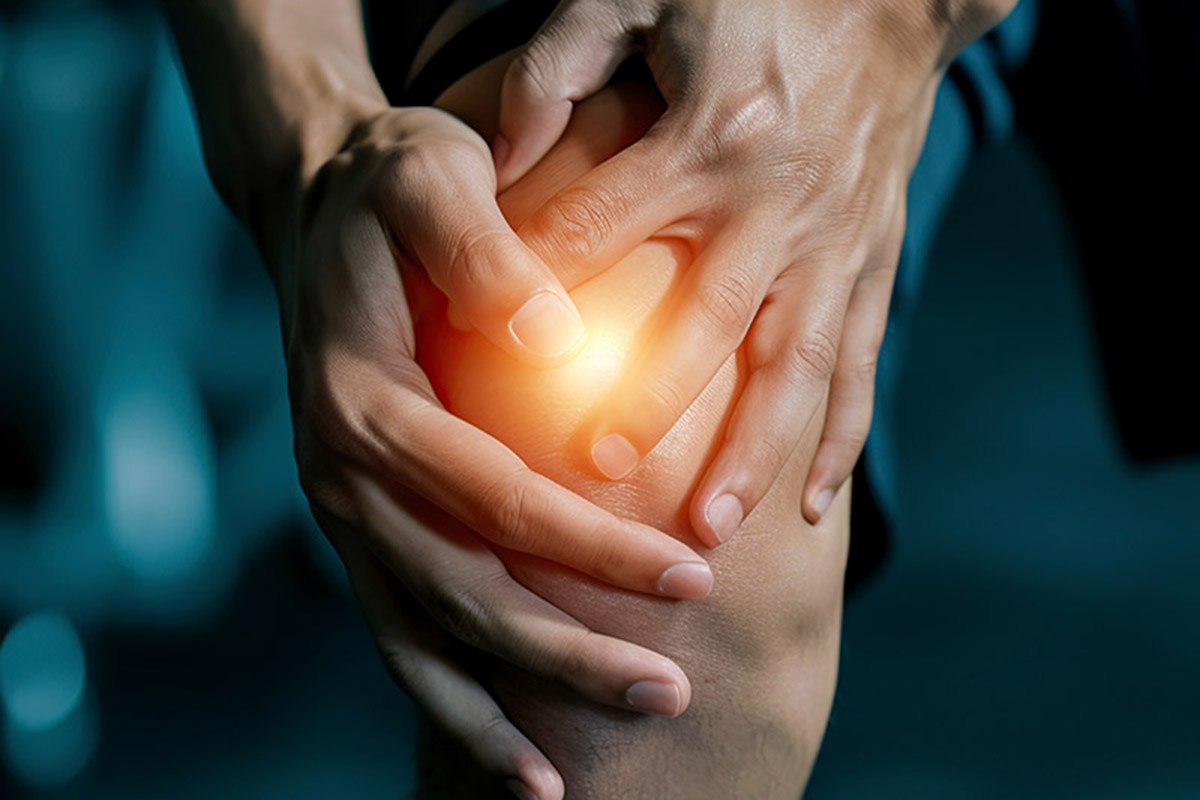Pain Management Solutions for Acute and Chronic Pain
Our group of educated doctors can provide pain management treatments that empower you to take charge of your life and alleviate chronic discomfort. They aim to deliver individualized care that addresses your specific requirements, enabling you to embrace life without the constant burden of pain.
Understanding Pain Management
Pain management involves various techniques and strategies to reduce or alleviate pain, improve physical function, and enhance overall well-being. Our providers’ approach to pain management focuses on addressing the underlying causes of pain while providing effective symptom relief, enabling you to experience long-term relief and improved quality of life.
Why Pain Management Matters
Acute and chronic pain can have a significant impact on every aspect of your life, from your physical health and mobility to your emotional well-being and quality of life. Effective pain management is crucial because it:
- Improves Functionality: Pain management reduces pain and improves physical function, allowing patients to perform daily activities with greater ease and comfort.
- Enhances Quality of Life: Effectively managing pain can lead to improvements in mood, sleep, and overall well-being, enabling you to enjoy a more fulfilling and active lifestyle.
- Prevent Complications: Untreated chronic pain can lead to additional health problems and complications. Pain management helps mitigate these risks and promotes better long-term health outcomes.
- Empowers You: By taking an active role in managing your pain, you regain control over your life and health, empowering you to confidently pursue your goals and aspirations.

Benefits from Pain Management Treatment
Our pain management providers offer solutions that are suitable for individuals dealing with a variety of injuries and conditions, including:
- Musculoskeletal Pain: Pain resulting from injuries, arthritis, or other musculoskeletal conditions.
- Neuropathic Pain: Pain caused by nerve damage or dysfunction, such as diabetic neuropathy or sciatica.
- Chronic Headaches: Persistent headaches or migraines that significantly impact daily life.
- Fibromyalgia: A complex condition characterized by widespread musculoskeletal pain and fatigue.
- Cancer Pain: Pain associated with cancer and its treatments, requiring specialized care and support.
- Other Chronic Pain Conditions: Including back pain, neck pain, joint pain, and more.
Pain Prevention and Living Well
Accidents are inevitable, but embracing a healthy lifestyle can reduce the risk of musculoskeletal injuries during daily activities and expedite recovery from accidents like automobile collisions or workplace incidents. Maintaining a healthy weight through a balanced diet and regular exercise alleviates strain on your spine and joints. Aim for 20 minutes of aerobic exercise at least three times a week to enhance circulation and incorporate strength and flexibility exercises to improve posture and reduce muscle stiffness. Ensure proper lifting techniques by positioning heavy objects below waist level, bending your knees, and engaging your abdominal muscles.
Our Approach to Pain Management
Our pain management doctors and specialists offer a comprehensive range of pain management techniques and therapies, including:
- Medication Management: Tailored medication regimens to address pain while minimizing side effects and risks.
- Interventional Procedures: Minimally invasive procedures such as nerve blocks, epidural injections, and radiofrequency ablation to target and alleviate pain at its source.
- Physical Therapy: Customized exercise programs, manual therapy techniques, and modalities to improve strength, flexibility, and function while reducing pain.
- Cognitive-Behavioral Therapy (CBT): Psychological interventions to help you develop coping strategies, manage stress, and change negative thought patterns related to pain.
- Alternative Therapies: Including acupuncture, massage therapy, chiropractic care, and biofeedback to complement traditional pain management approaches and provide additional relief.
The Importance of Seeking Professional Help for Acute and Chronic Pain
Managing pain effectively requires a multidisciplinary approach and the expertise of trained medical professionals. Our pain management specialists work collaboratively to develop a personalized treatment plan tailored to your specific needs, ensuring that you receive the highest standard of care and support throughout your journey to pain relief and improved quality of life.
Frequently Asked Questions About Pain Management
Pain management may be right for you if you have chronic pain from an injury or condition, such as those caused by car accidents, workplace incidents, or slip and falls. If pain is affecting your daily life and other treatments haven’t been effective, pain management could provide relief. The specialists within the MSR Pain and Injury network can assess your condition and recommend the best approach. Contact us to schedule an appointment.
We offer a variety of interventional pain management procedures, including epidural steroid injections and joint injections. These treatments are designed to address pain from accident-related injuries. Our network can help determine which procedure is best for your needs.
Our network of pain management clinics are located across New York, New Jersey, and Connecticut. MSR Pain and Injury connects you with providers, making it easy to find expert care close to home. Contact us for more details on clinic locations.
If you’ve been involved in a recent auto or work-related accident and require immediate care for your injuries, we provide quick access through our network of multispecialty physicians. No referral is necessary, allowing you to get the care you need without delay.




